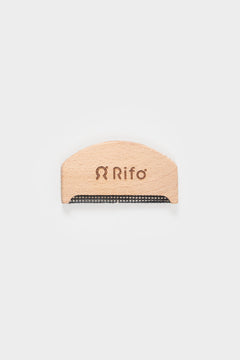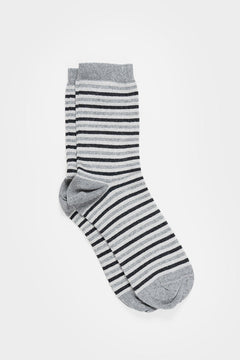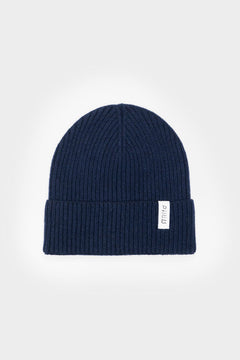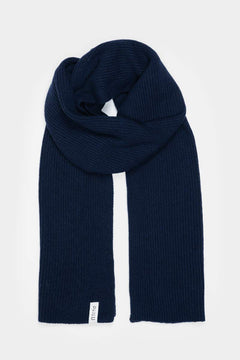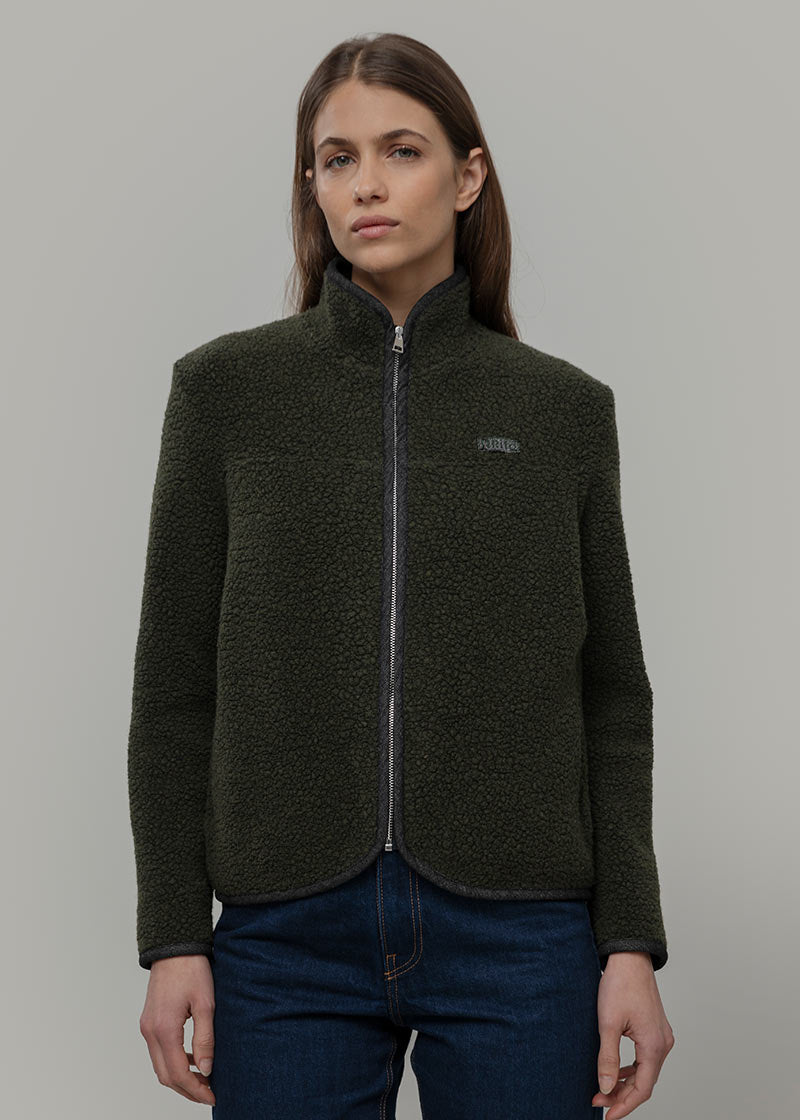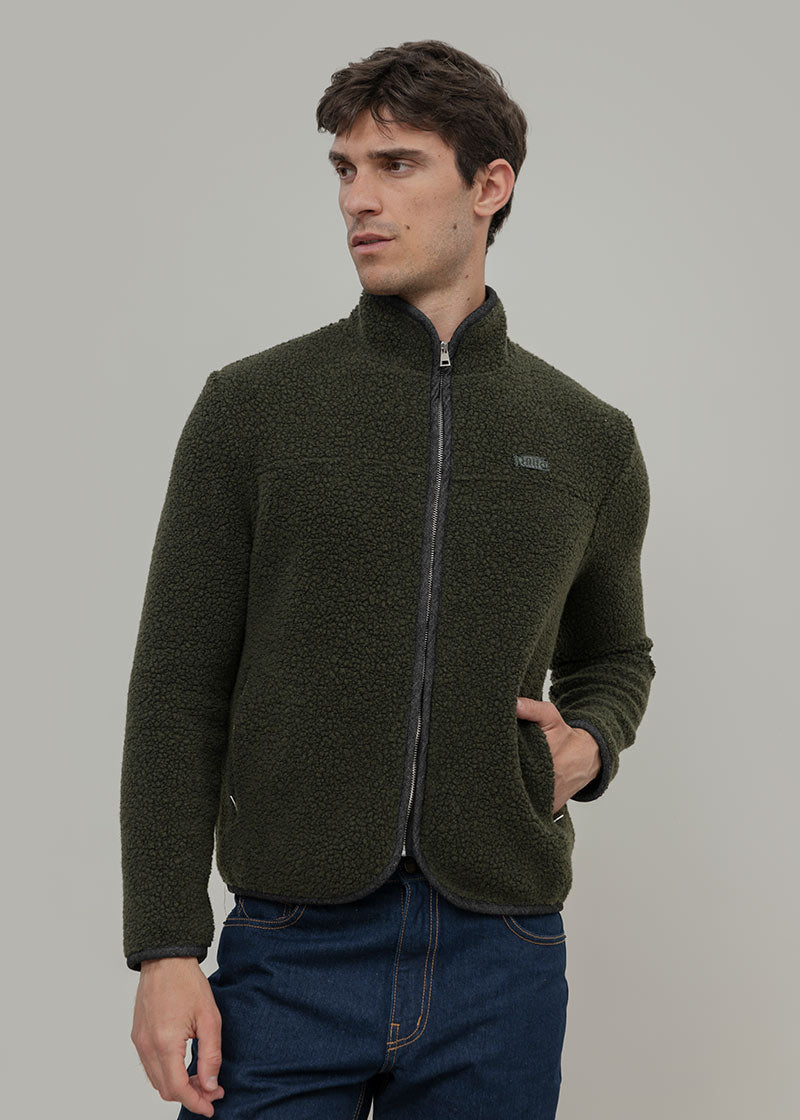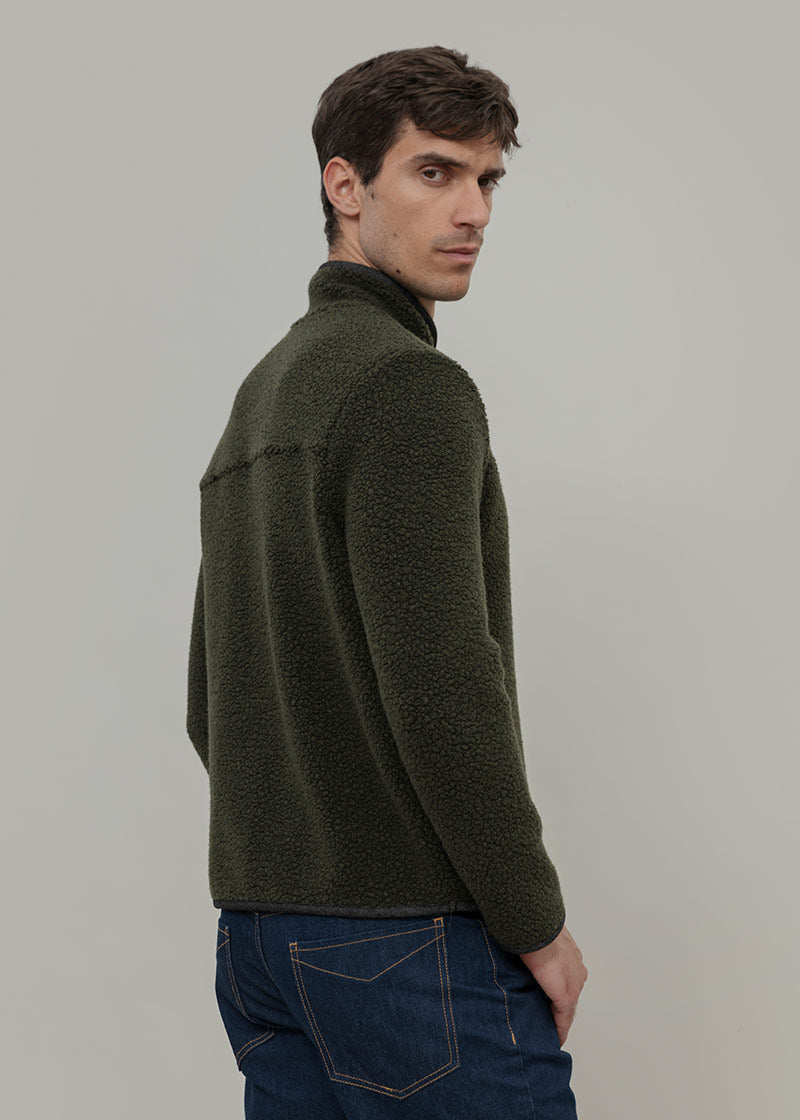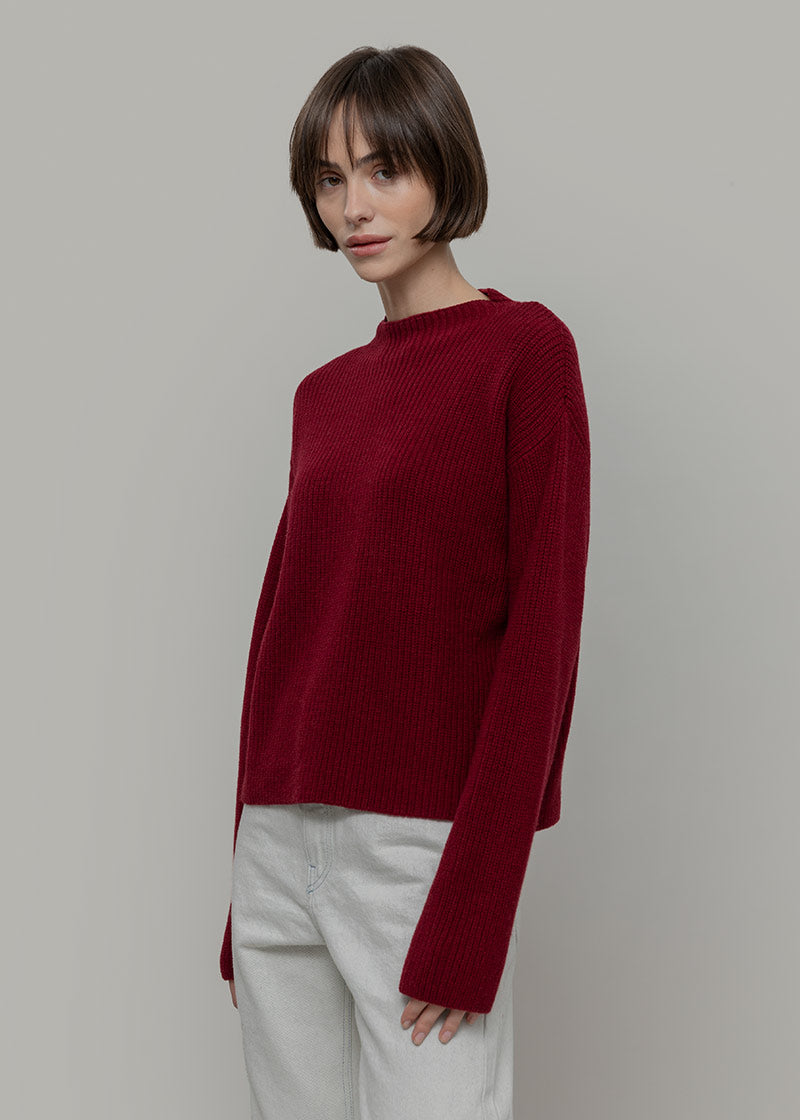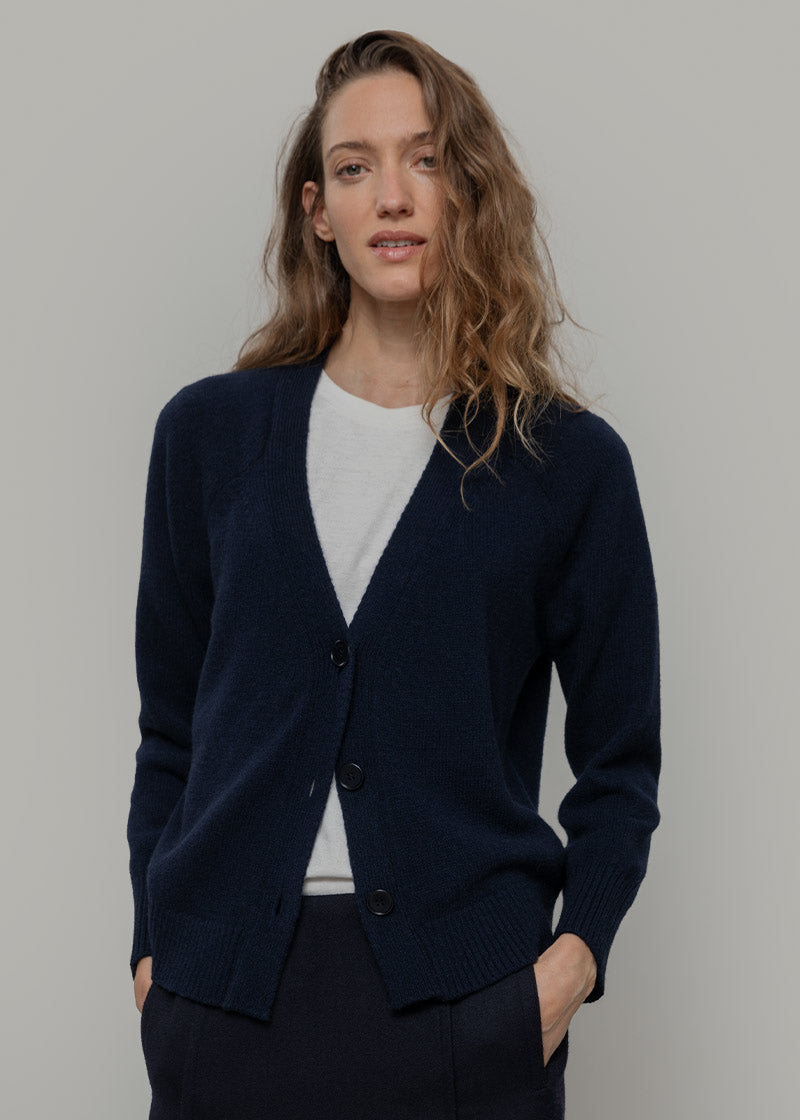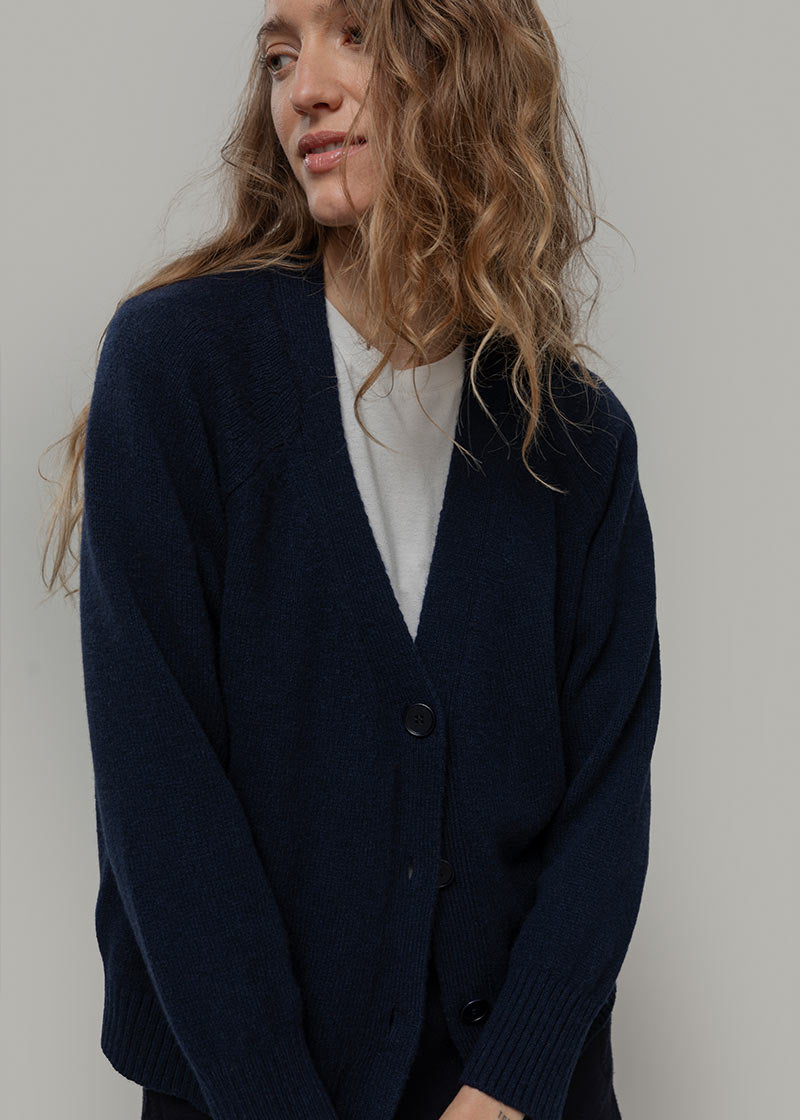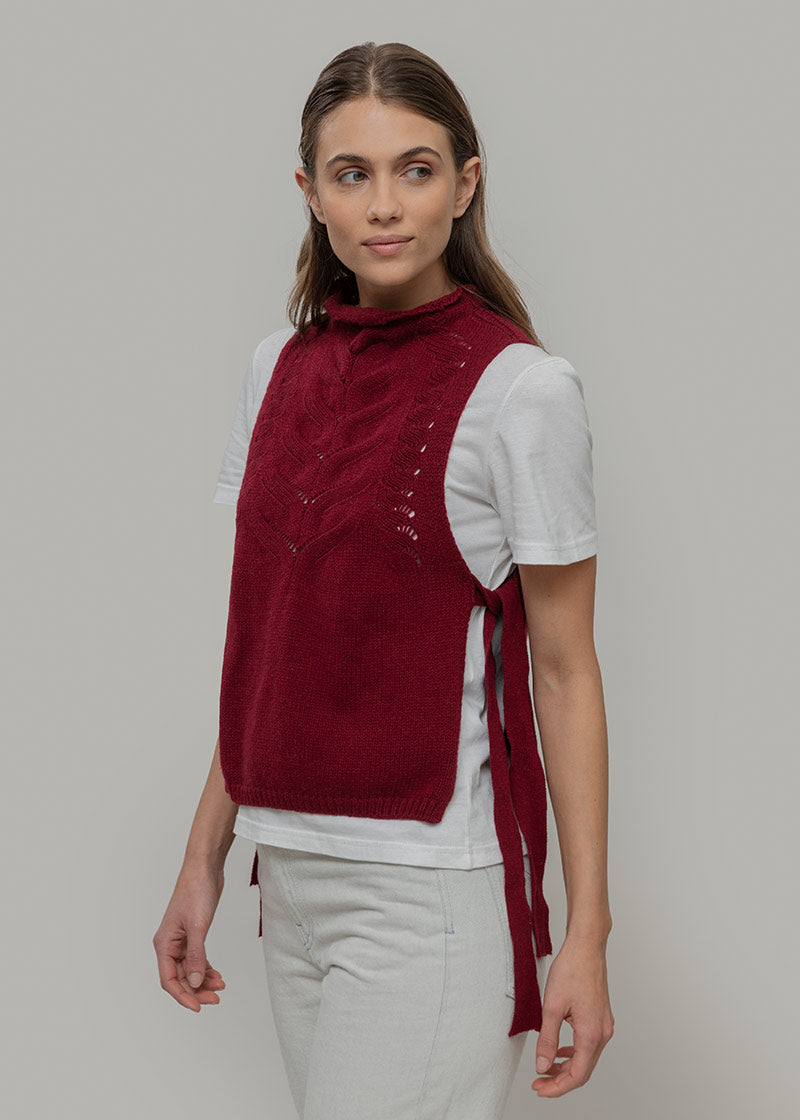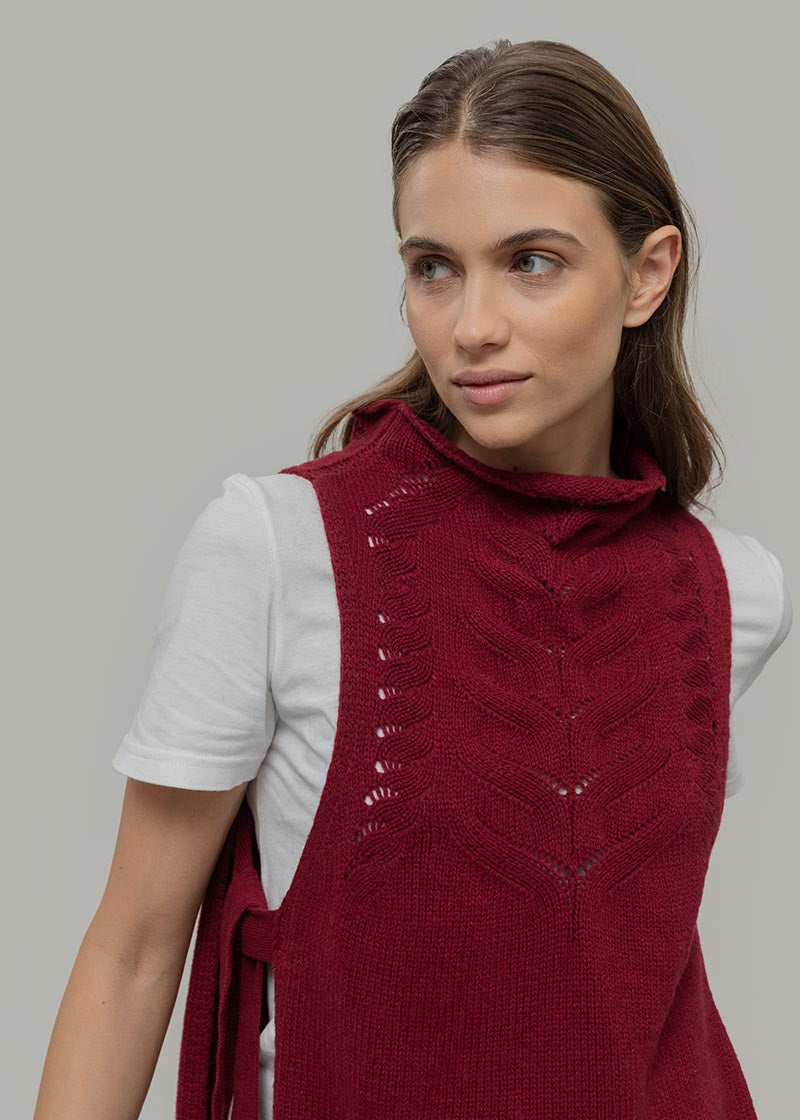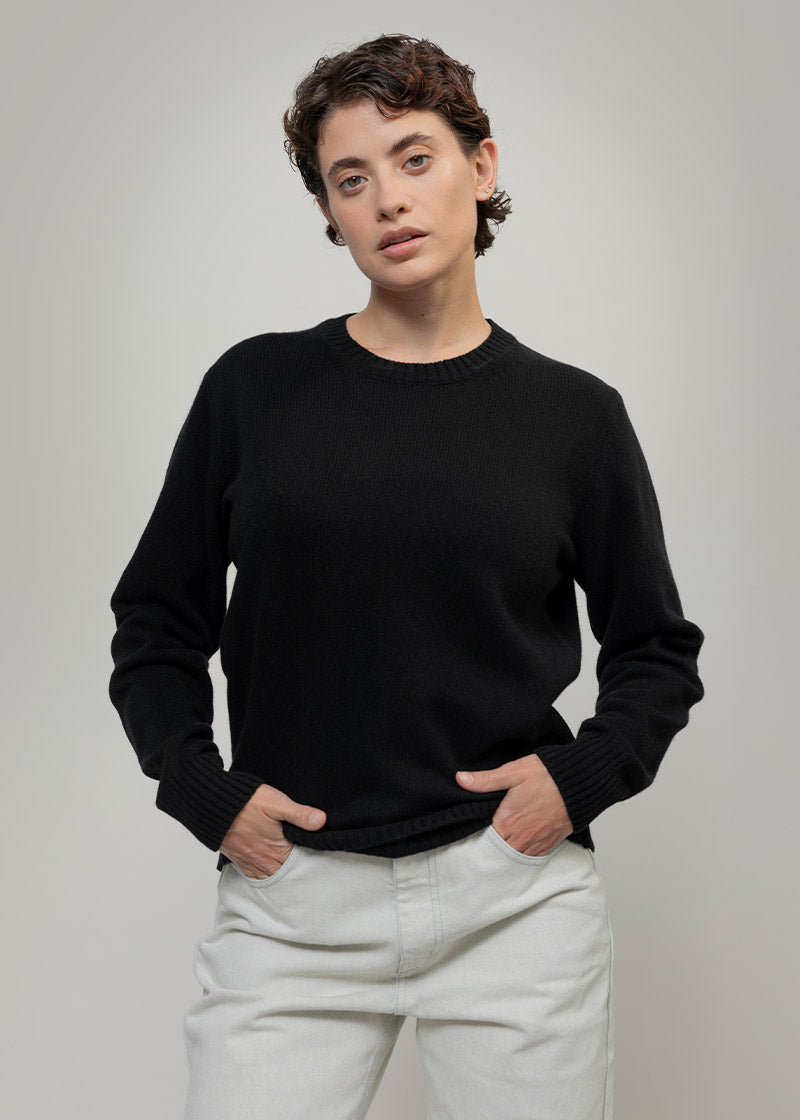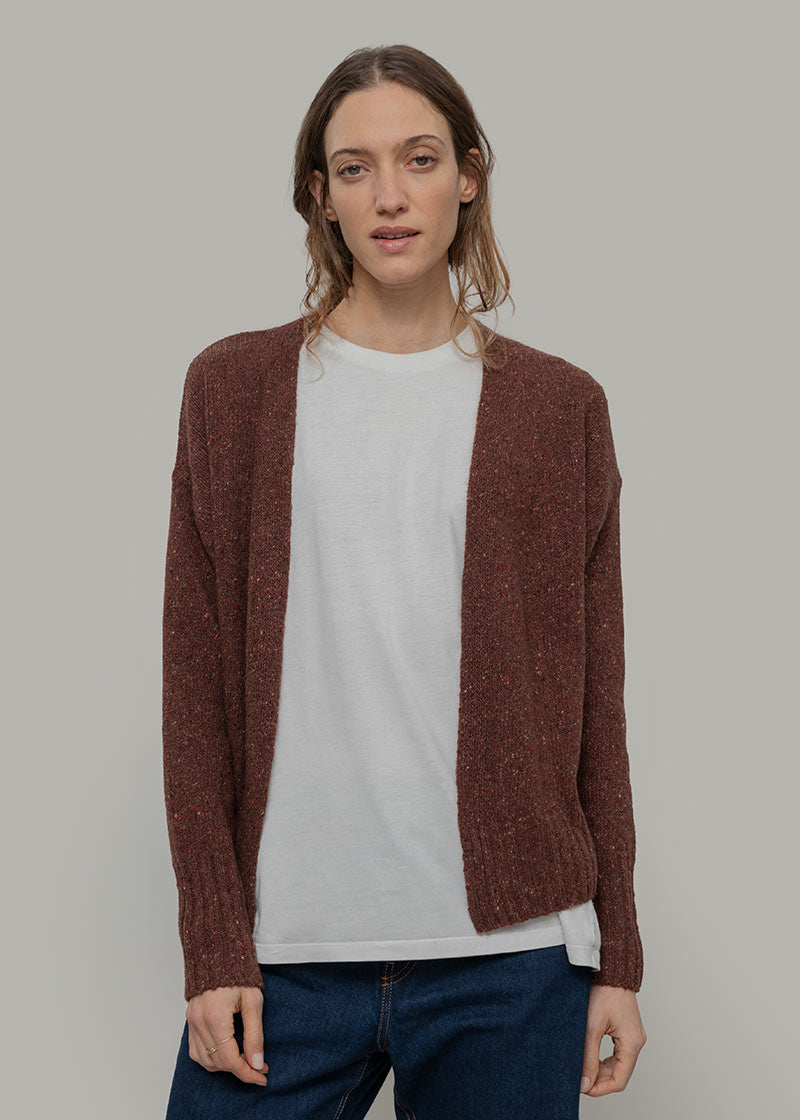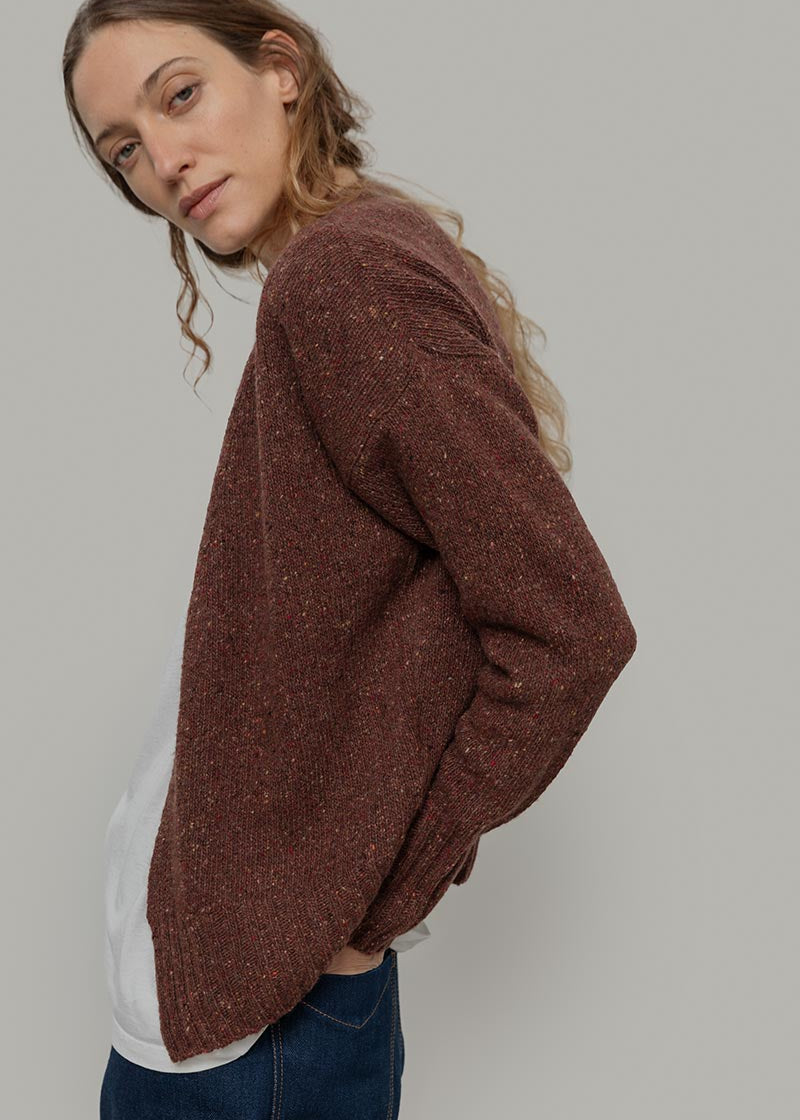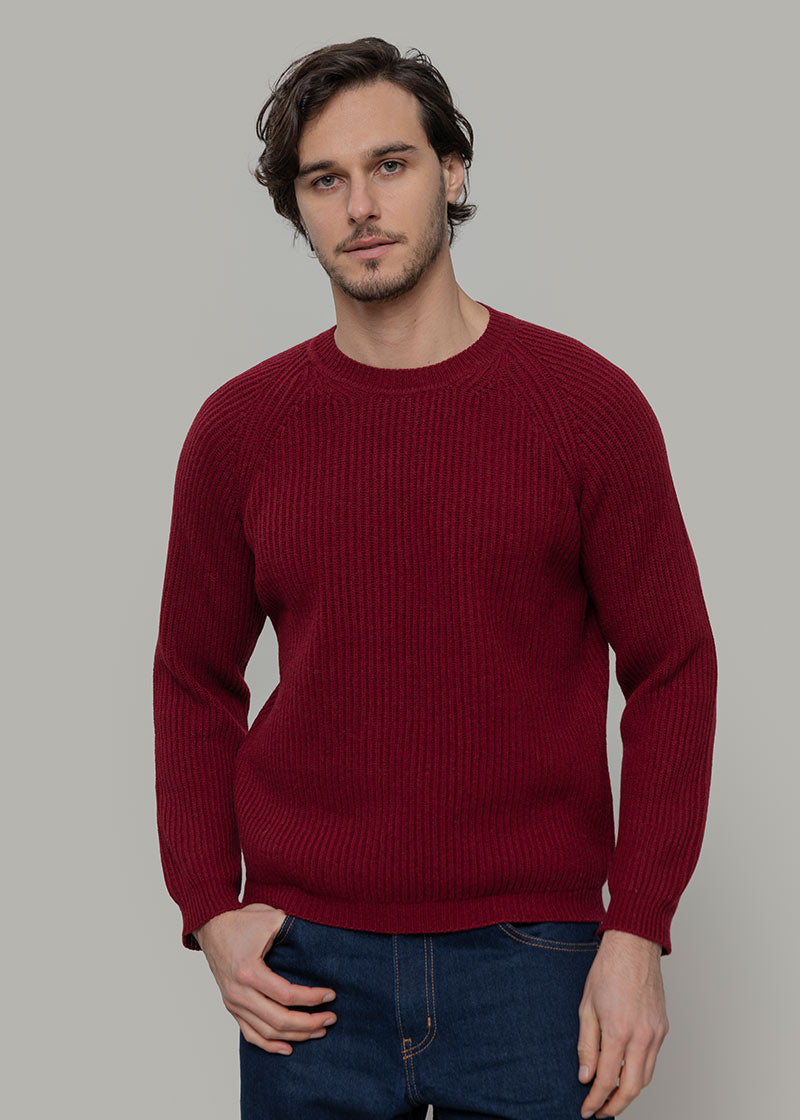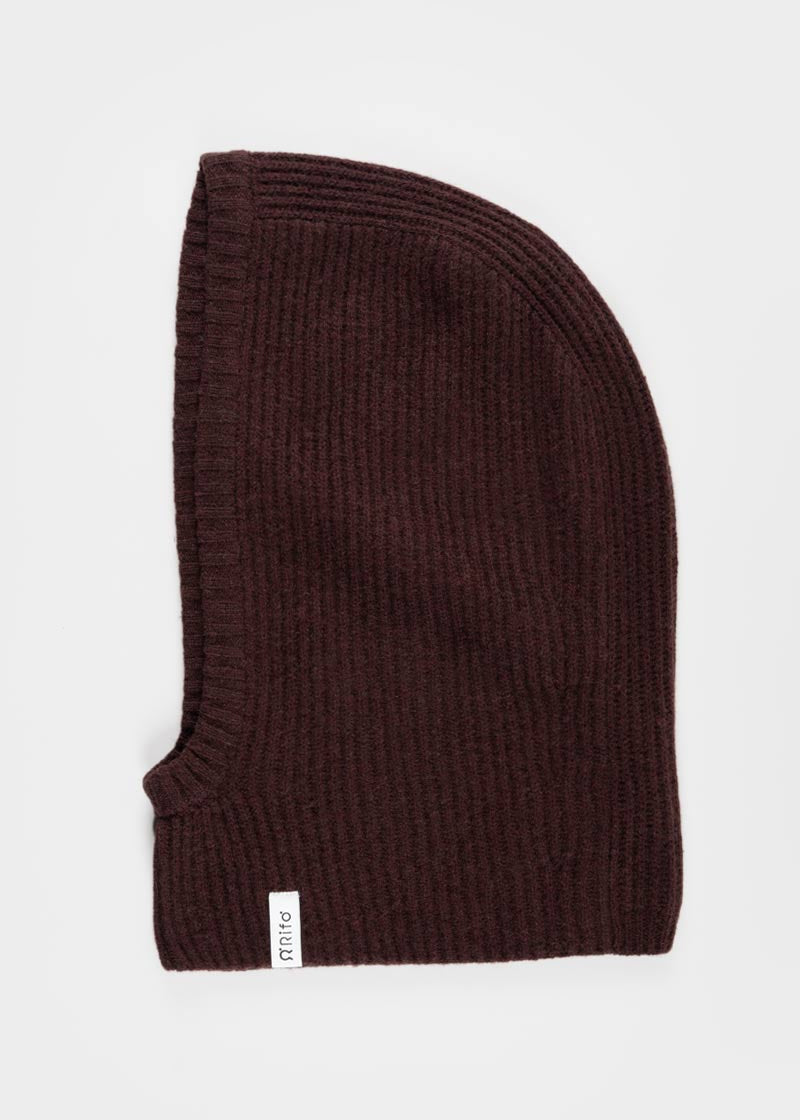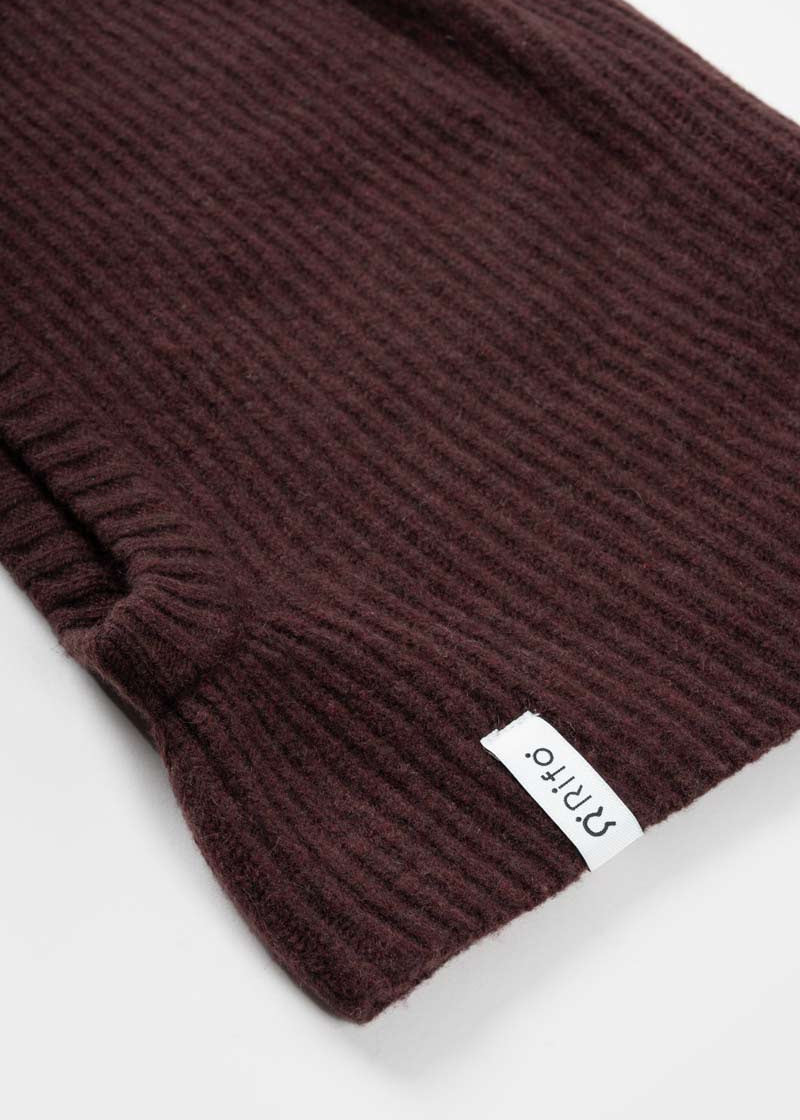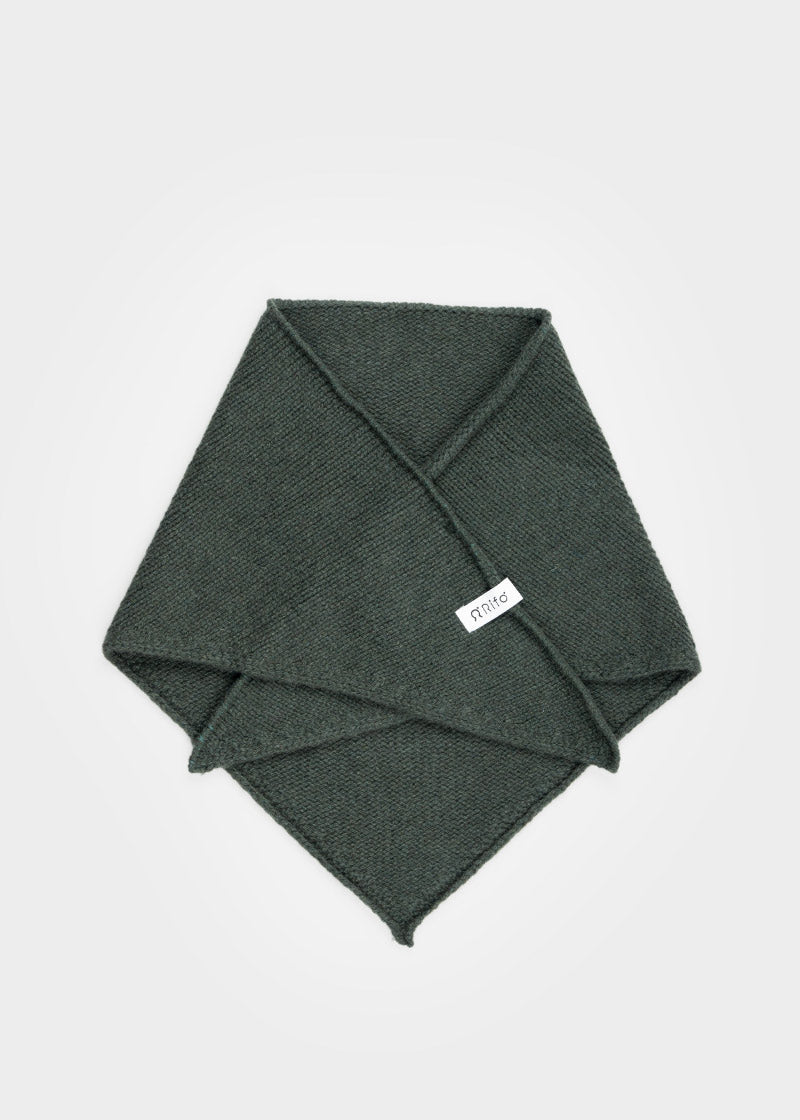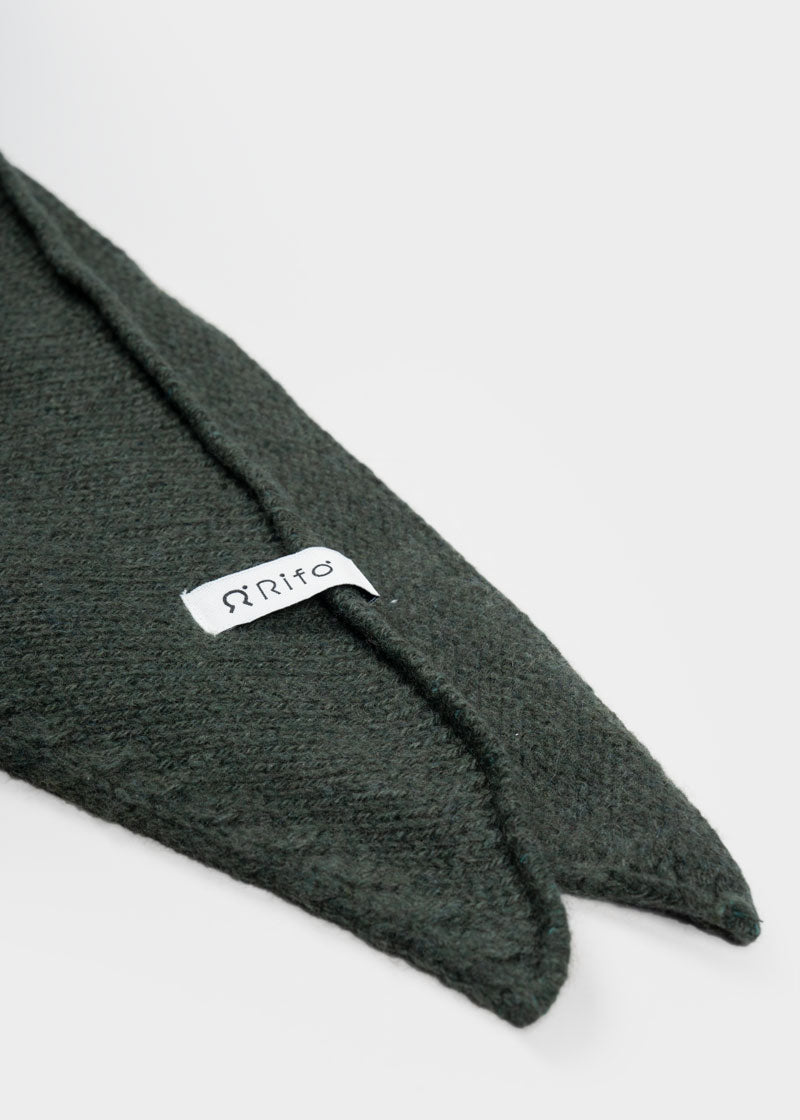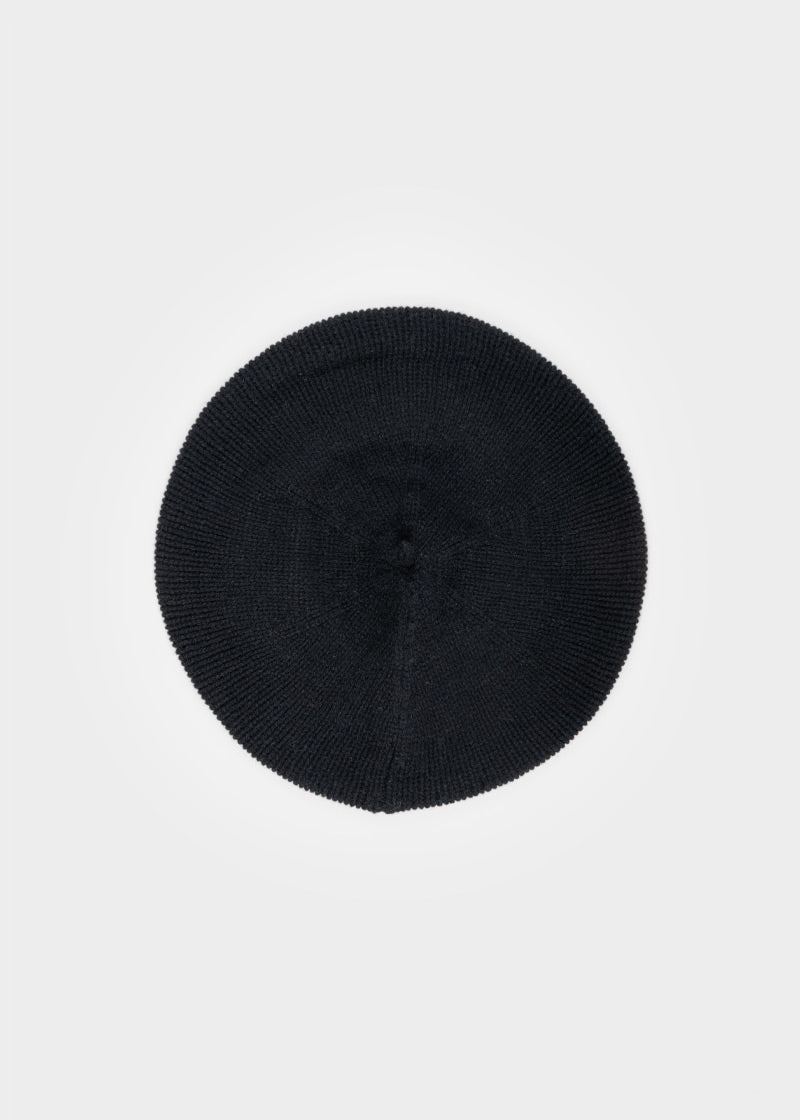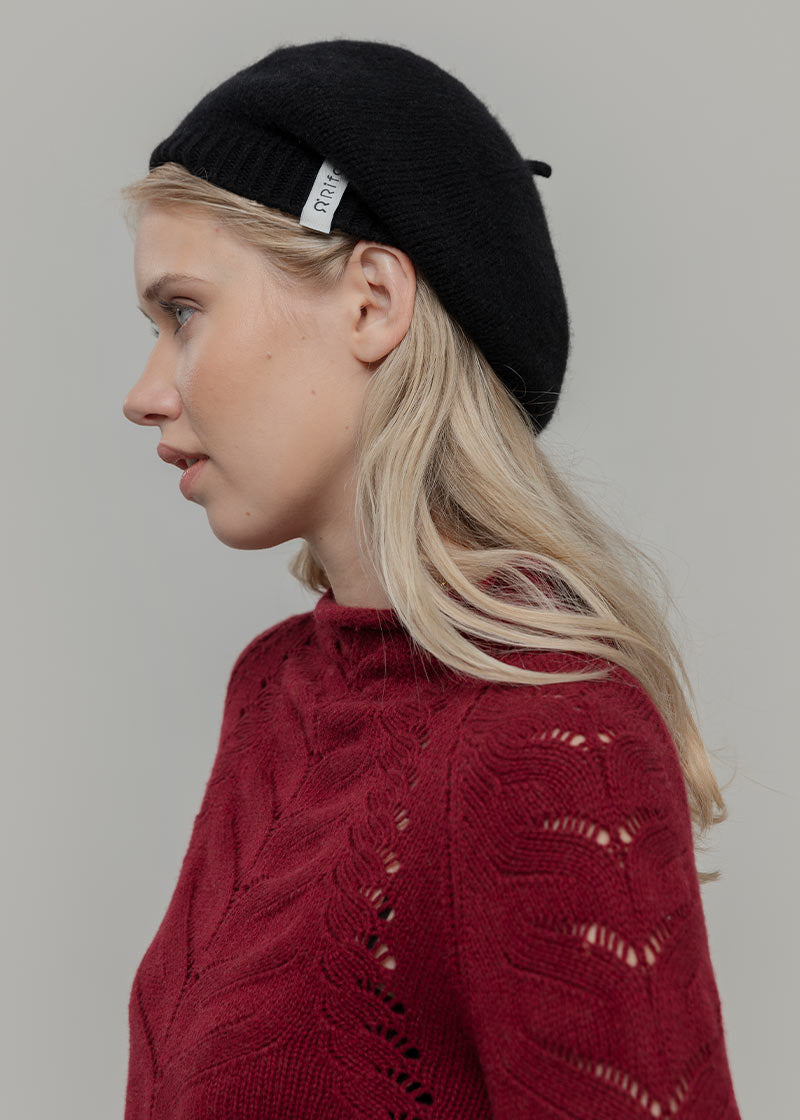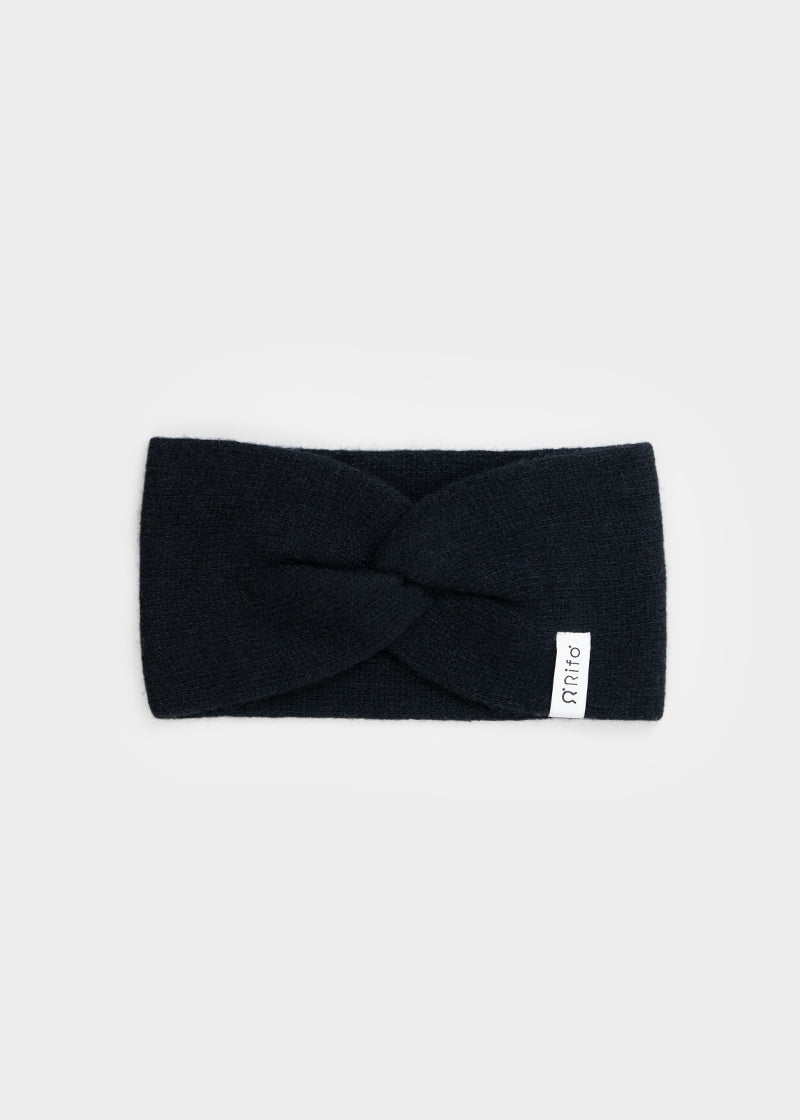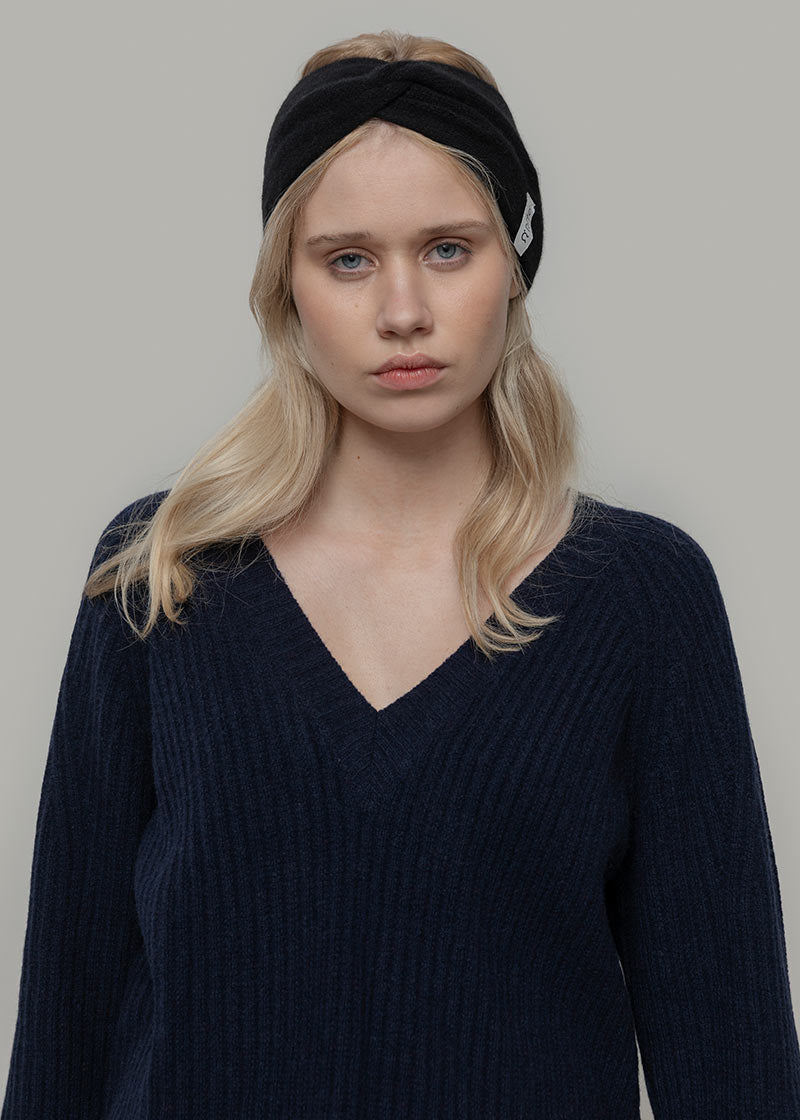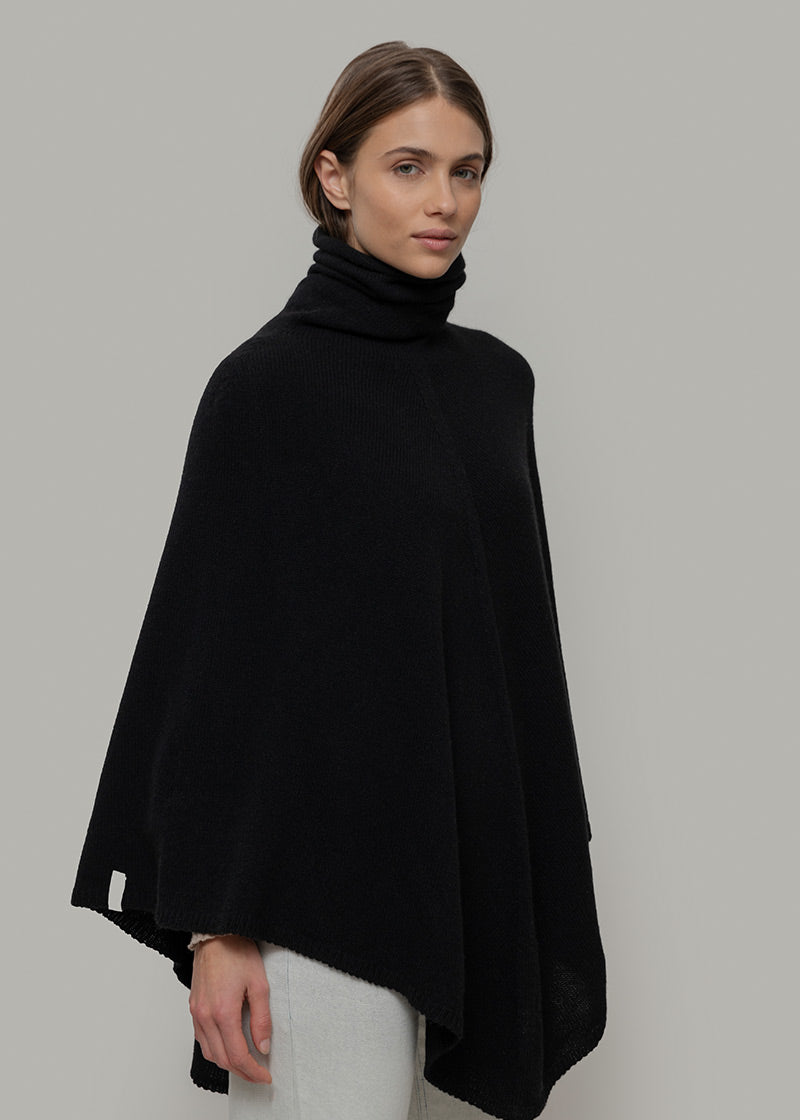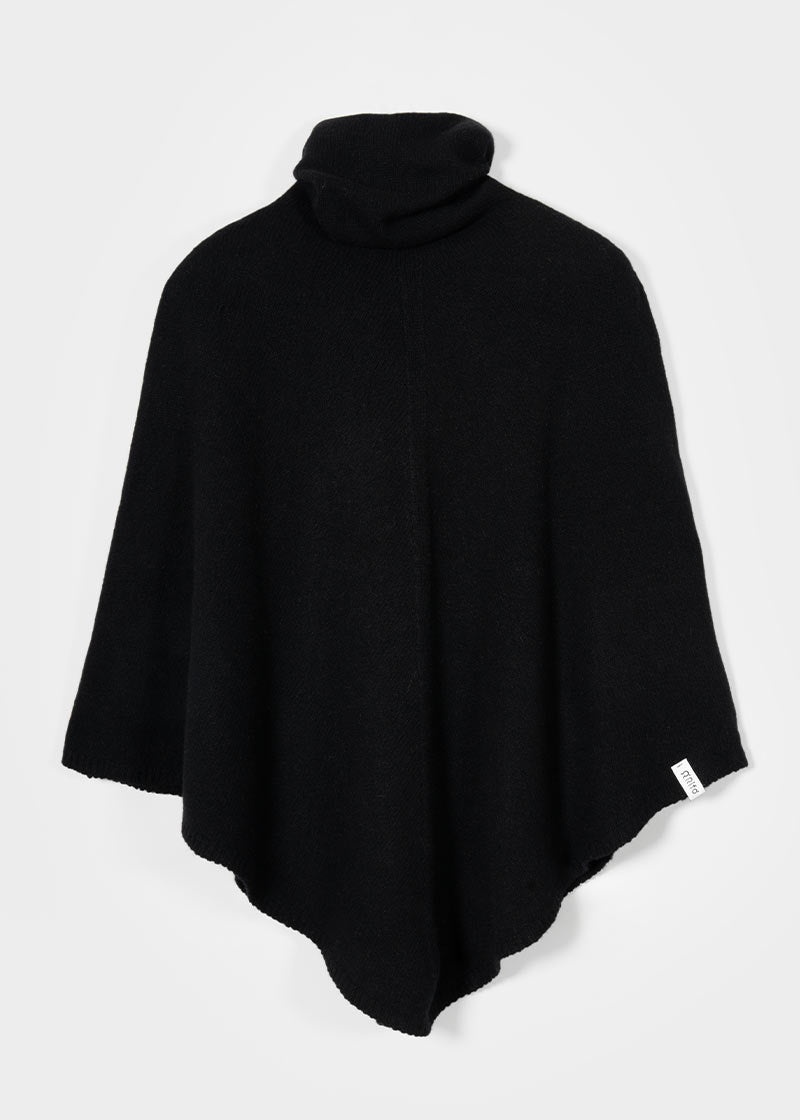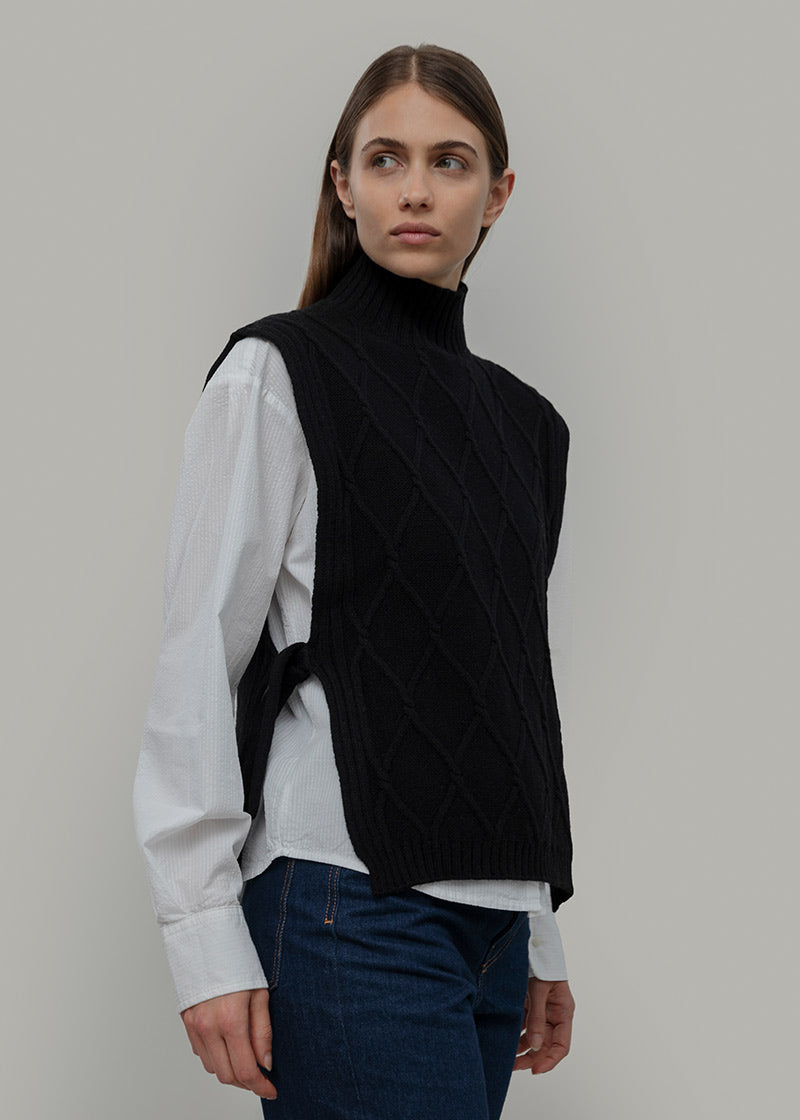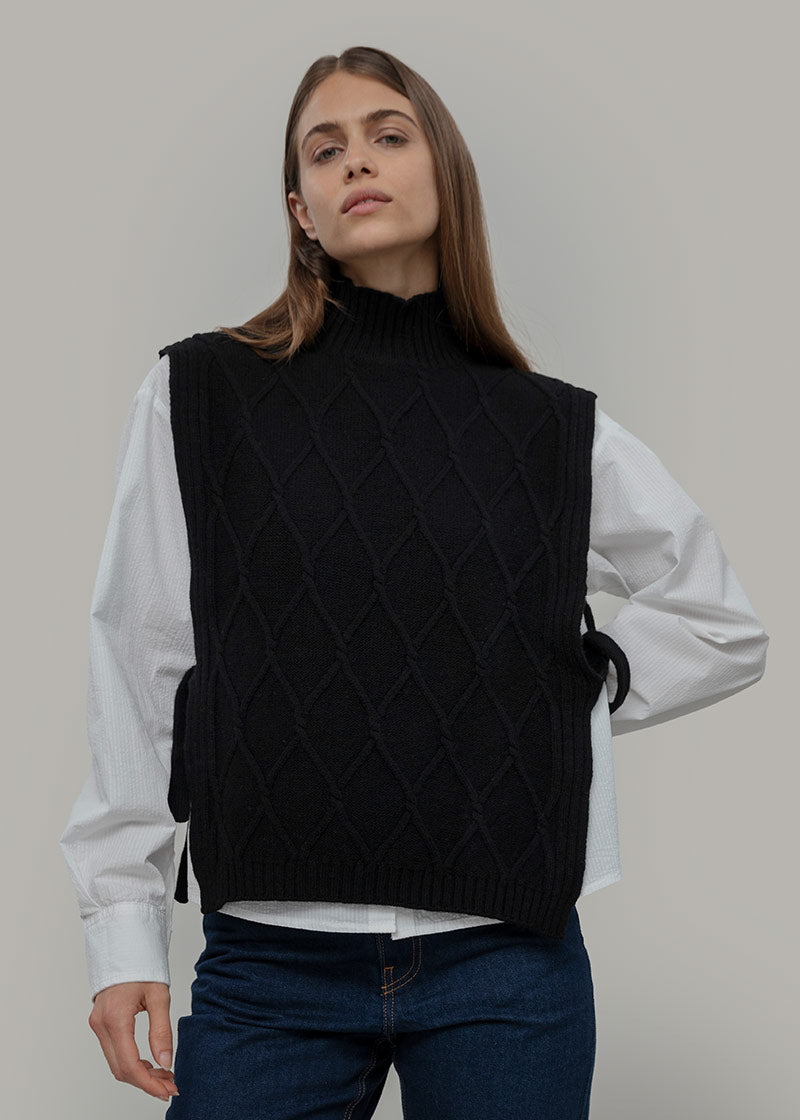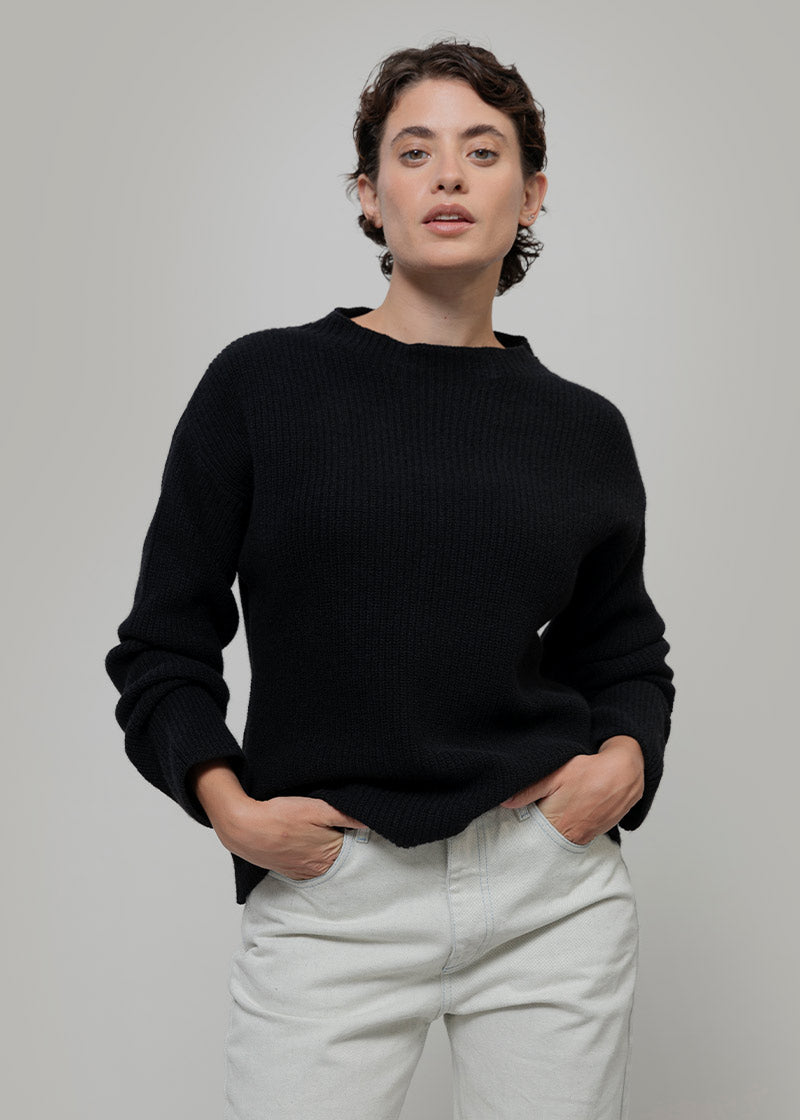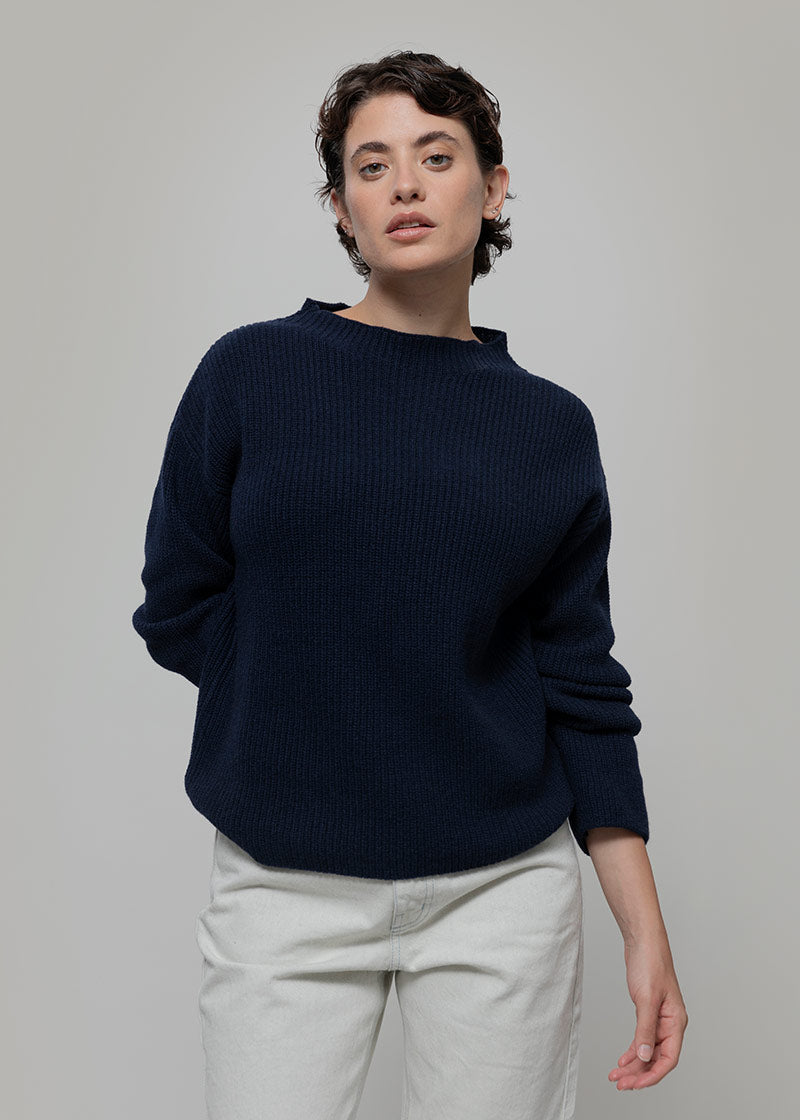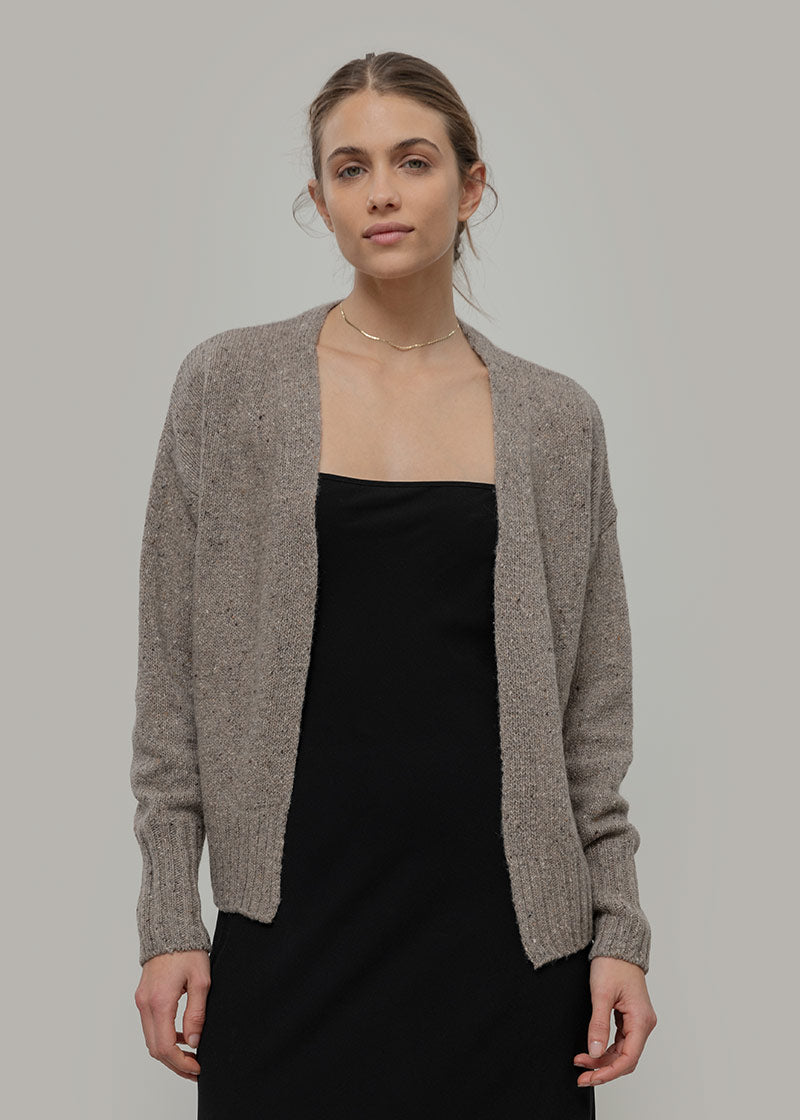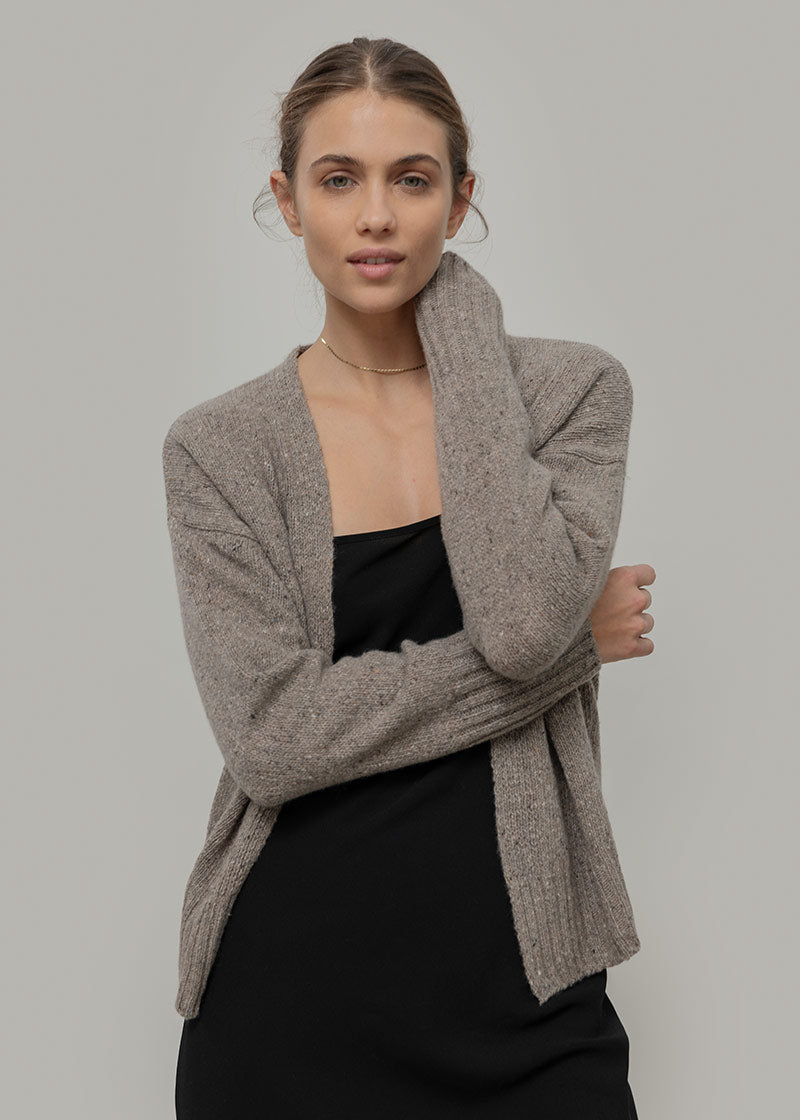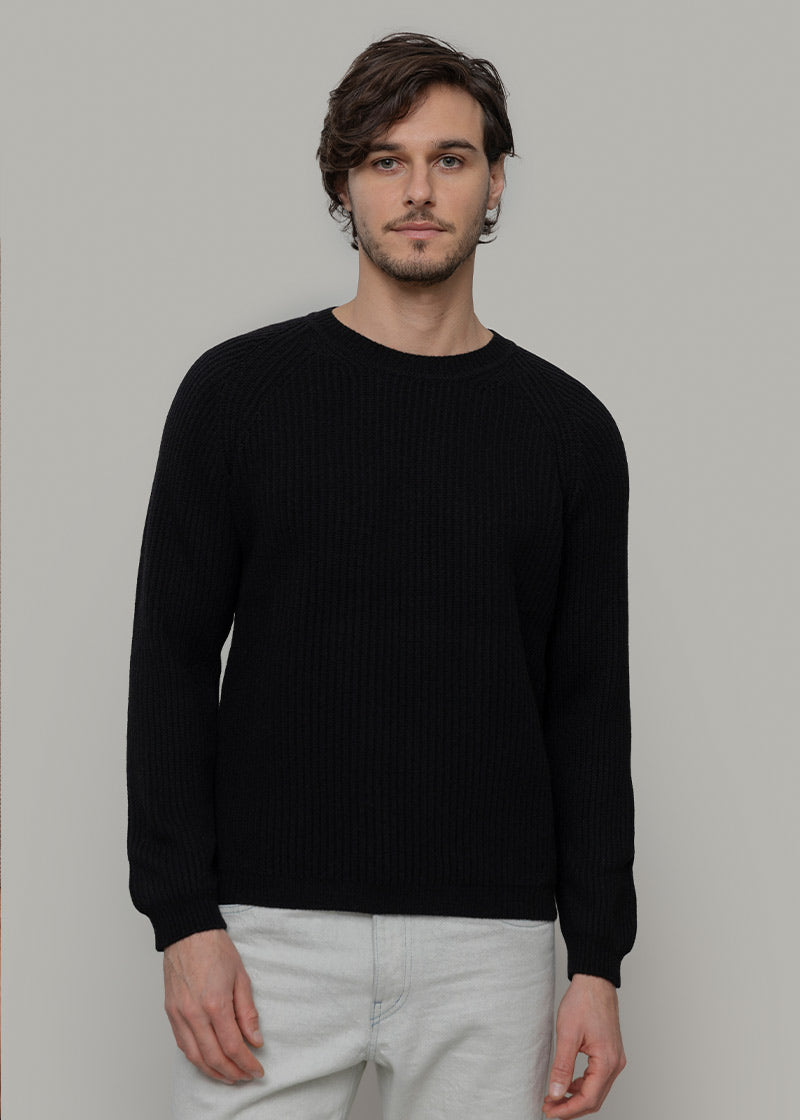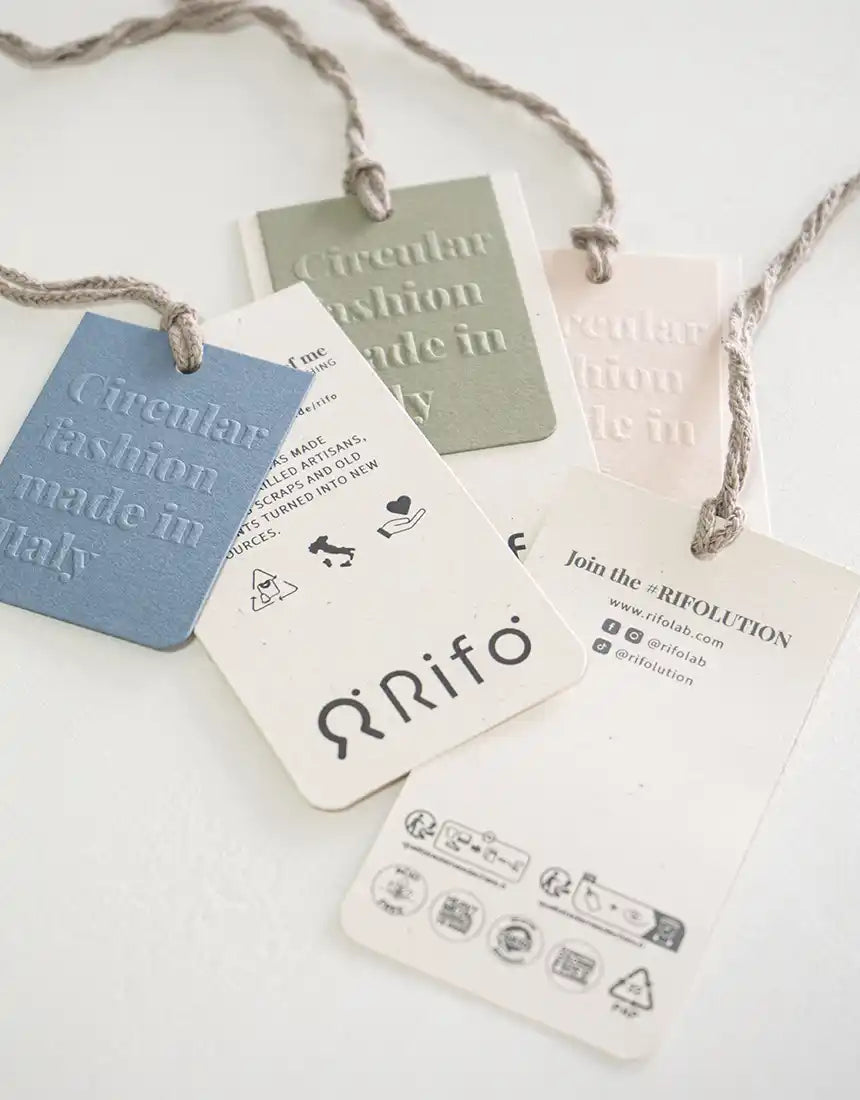
Transparent prices
Our prices reflect the real value of the products and the work behind them, enhancing all the people involved in this circular supply chain.
What distinguishes us
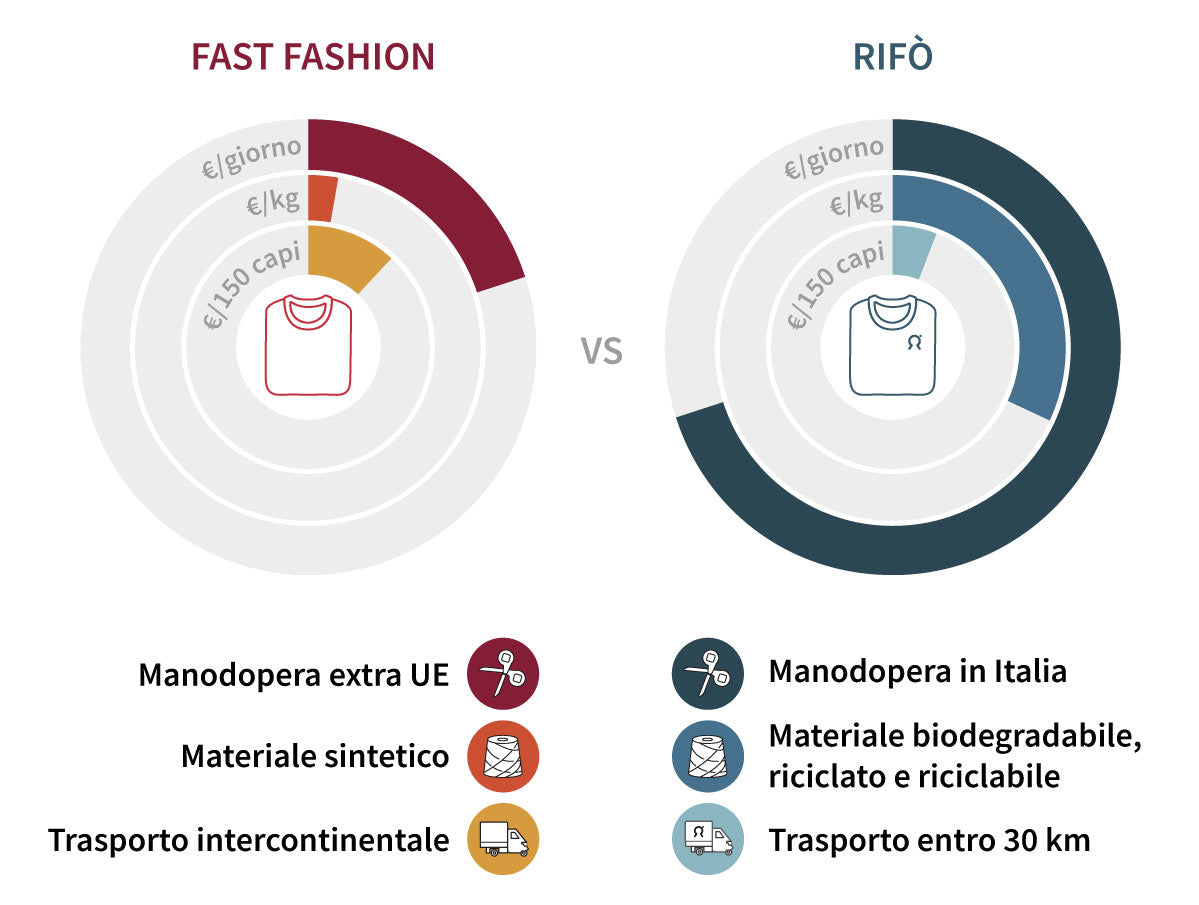
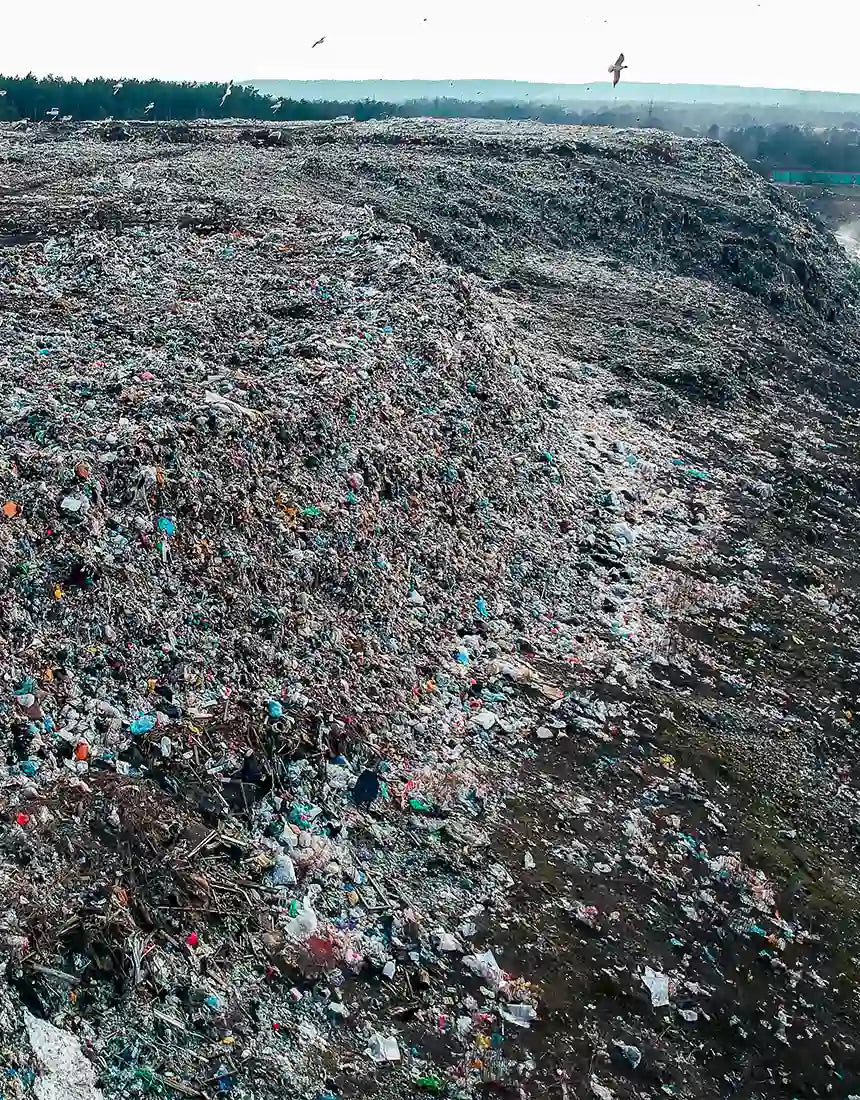
The hidden costs of fast fashion
The very low prices of fast fashion hide environmental and social damage.
Debts with the planet that are difficult to calculate, such as water consumption and pollution, carbon dioxide emissions due to the outsourcing, excessive waste production and labour exploitation.
All costs not included in the price, but which we will all pay in the end.
The price of a Rifò garment reflects its real impact
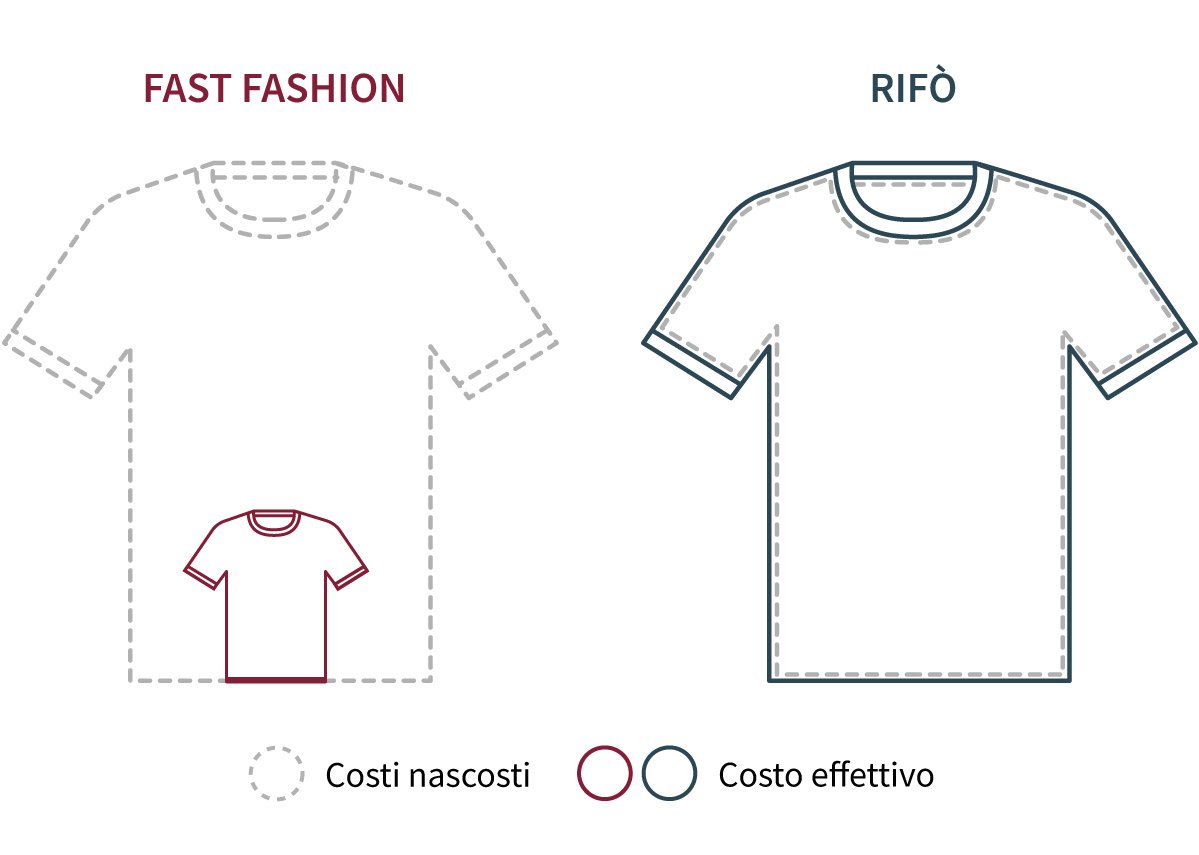
We create sustainable clothing
Here are some of the factors that influence our prices:
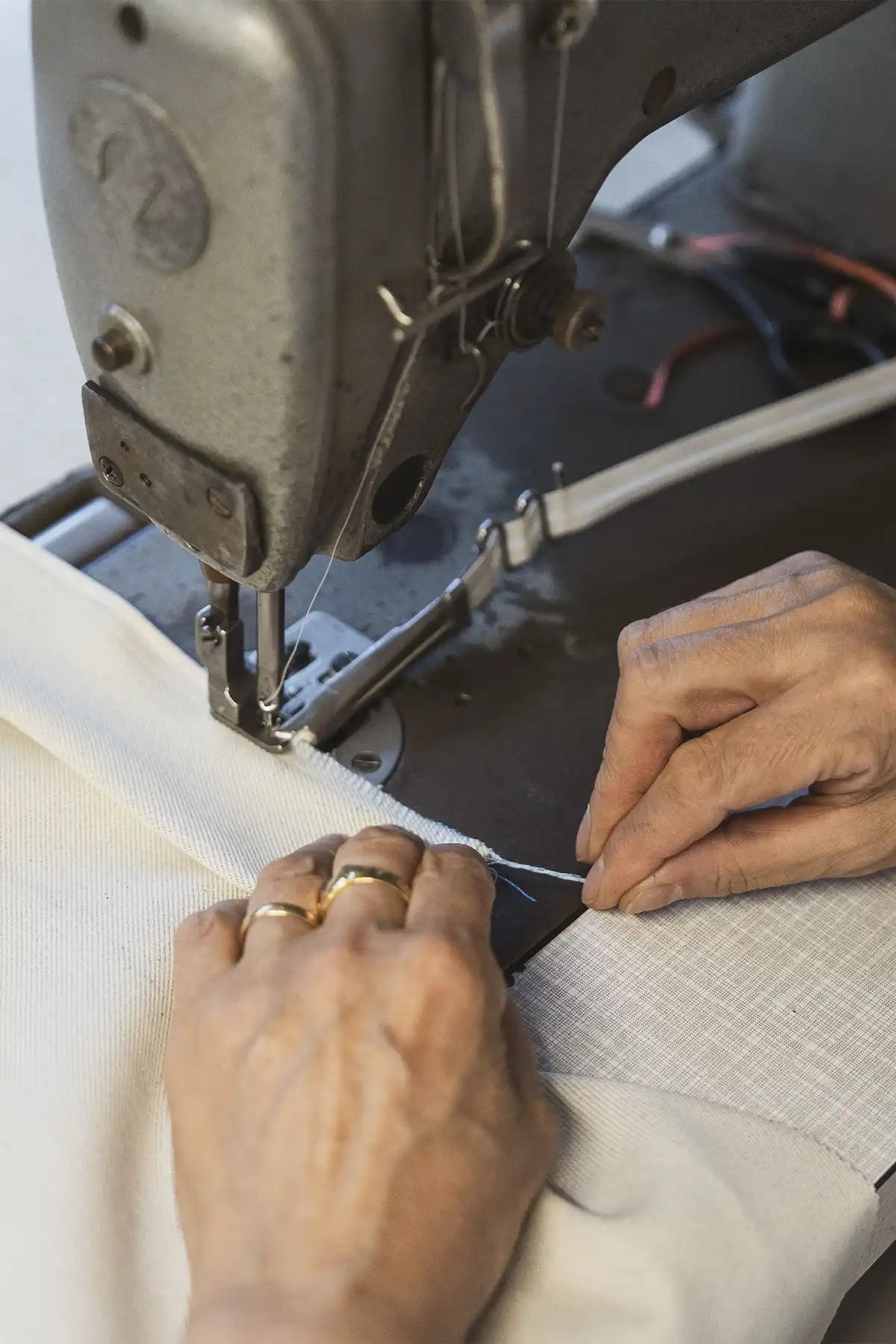
Labor costs
Producing in Italy, respecting workers' rights and protections, means incurring higher labor costs than those in non-EU countries such as Bangladesh, Vietnam, Turkey and India.
Suffice it to say that the hourly wage of a textile worker in Italy is around €8, while in Bangladesh it is less than $1.
This reflects our social responsibility.
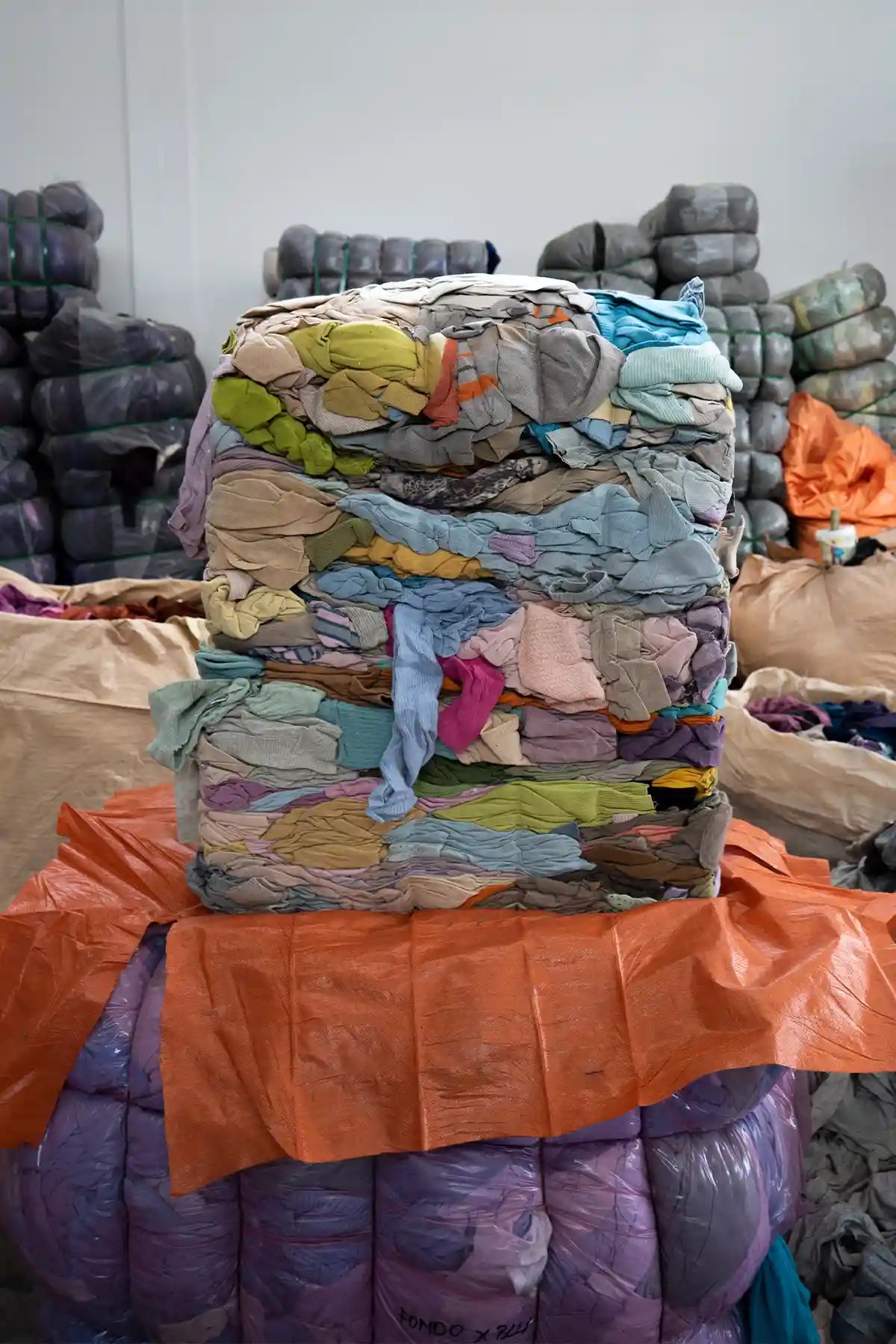
Cost of recycled materials
Contrary to popular belief, recycled materials cost more than virgin ones. The recycling process is an additional process, which involves additional industrial costs.
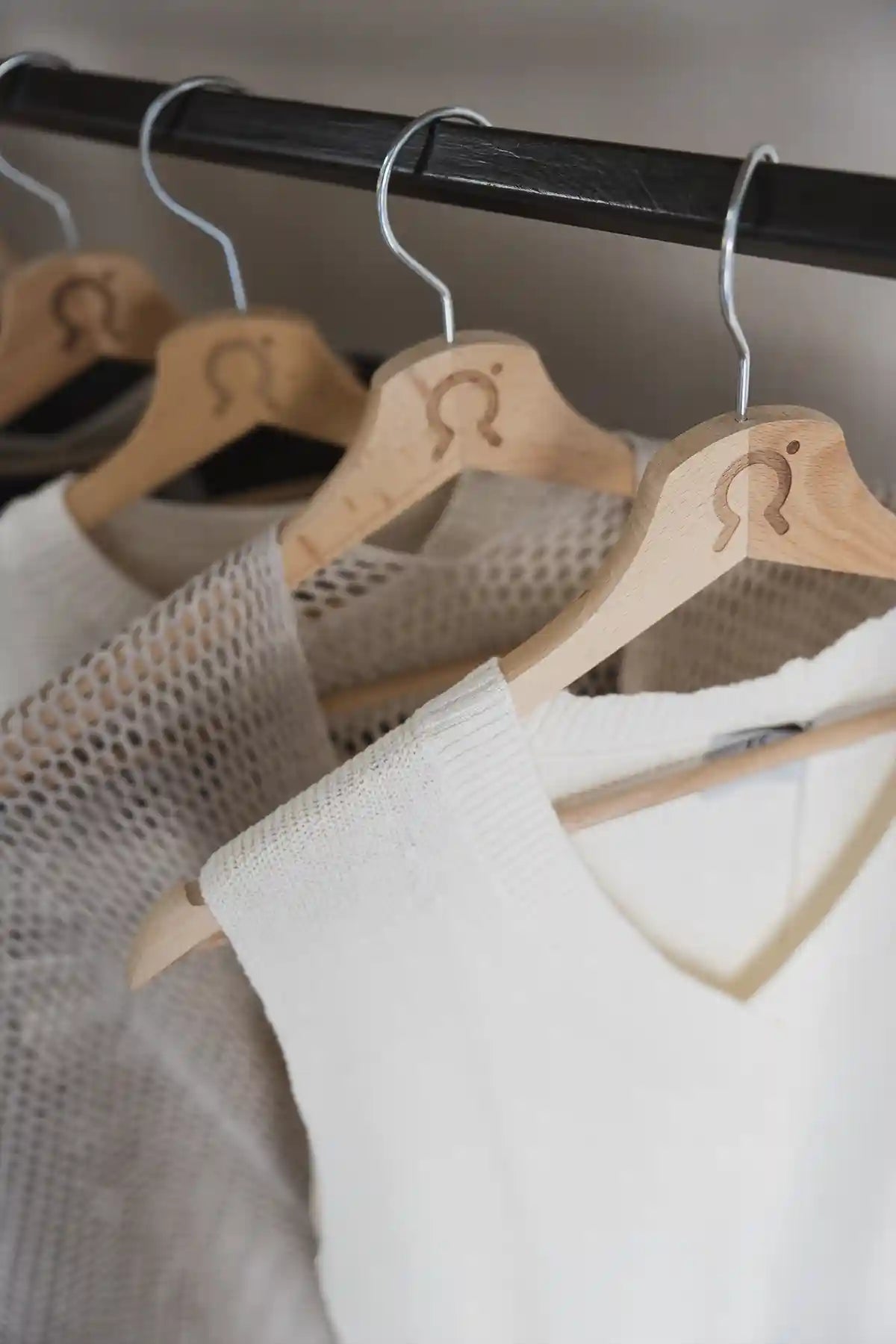
Responsible production
Economy of scale lowers unit costs of goods by mass producing large batches. This mechanism, however, leads to producing more than necessary and having to dispose of the unsold through discounts or, in some cases, destroying it.
We have chosen to produce only what is needed to value the work and materials of each Rifò garment.
No to seasonal sales
Why can a product that cost €100 two months ago during sales periods cost half as much?
Sales have progressively taken away the value of things.
We introduced the presale system to reverse this trend and promote ethical fashion.
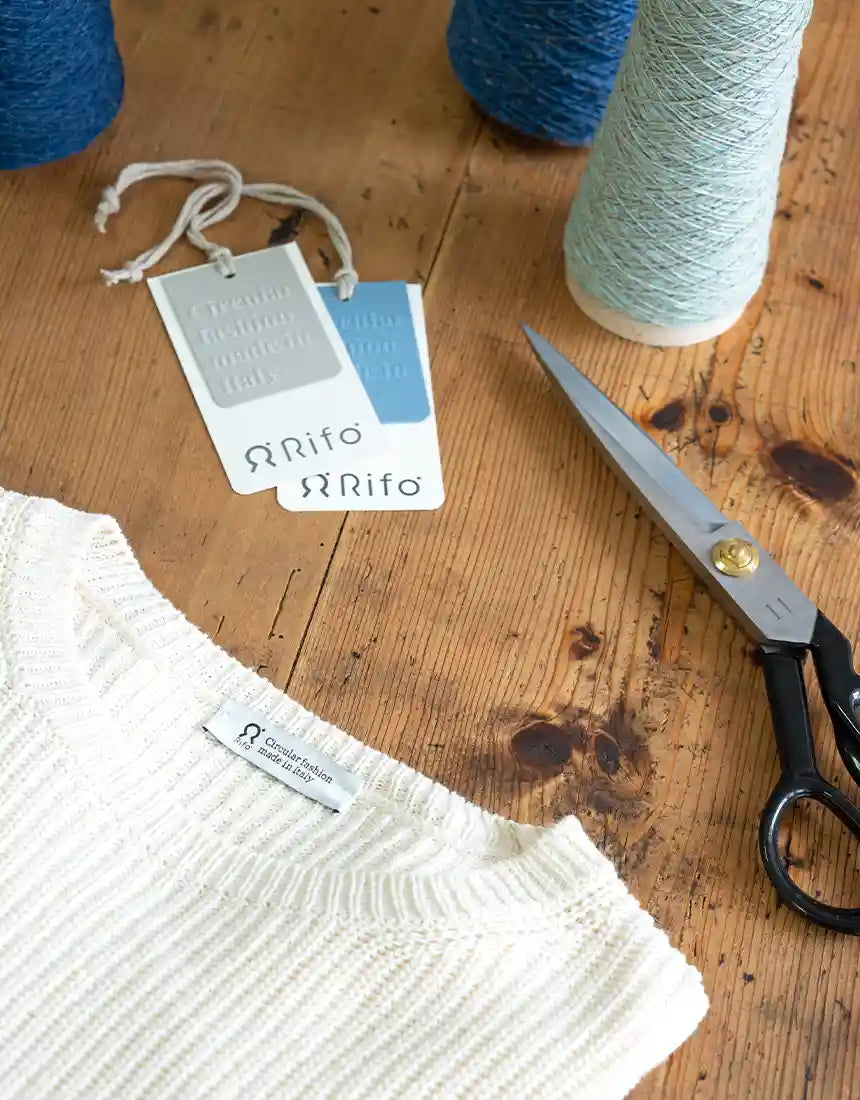
We apply the discount upfront
We collect orders for the artisans in advance, to maintain a light inventory.
A responsible and revolutionary purchasing model, which offers a discount not to clear out excess inventory, but to produce only what is needed.


